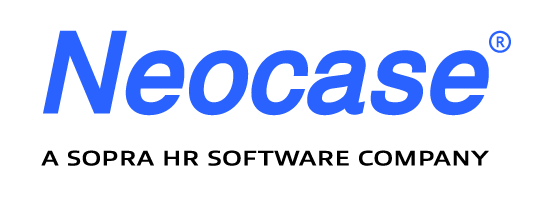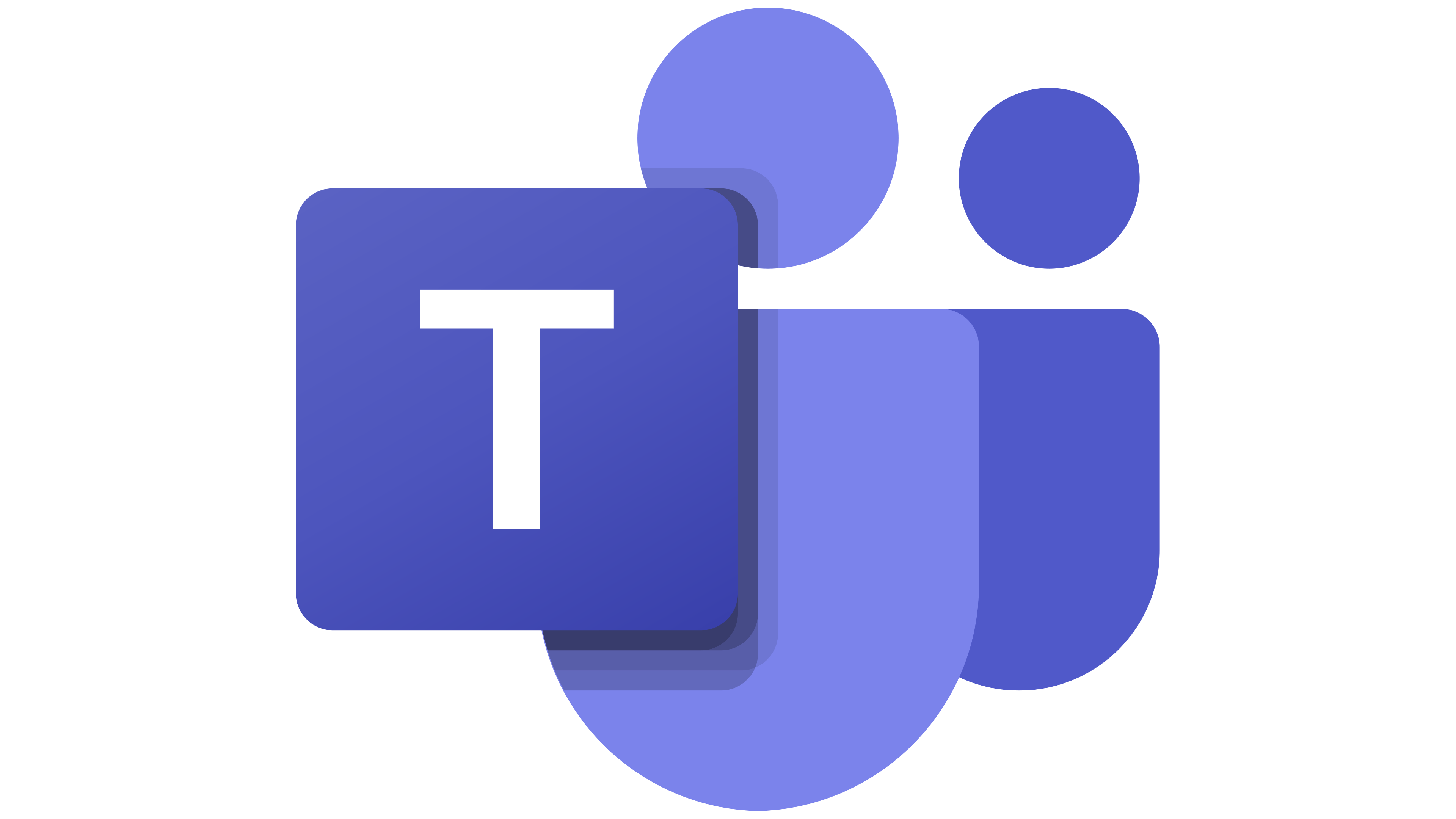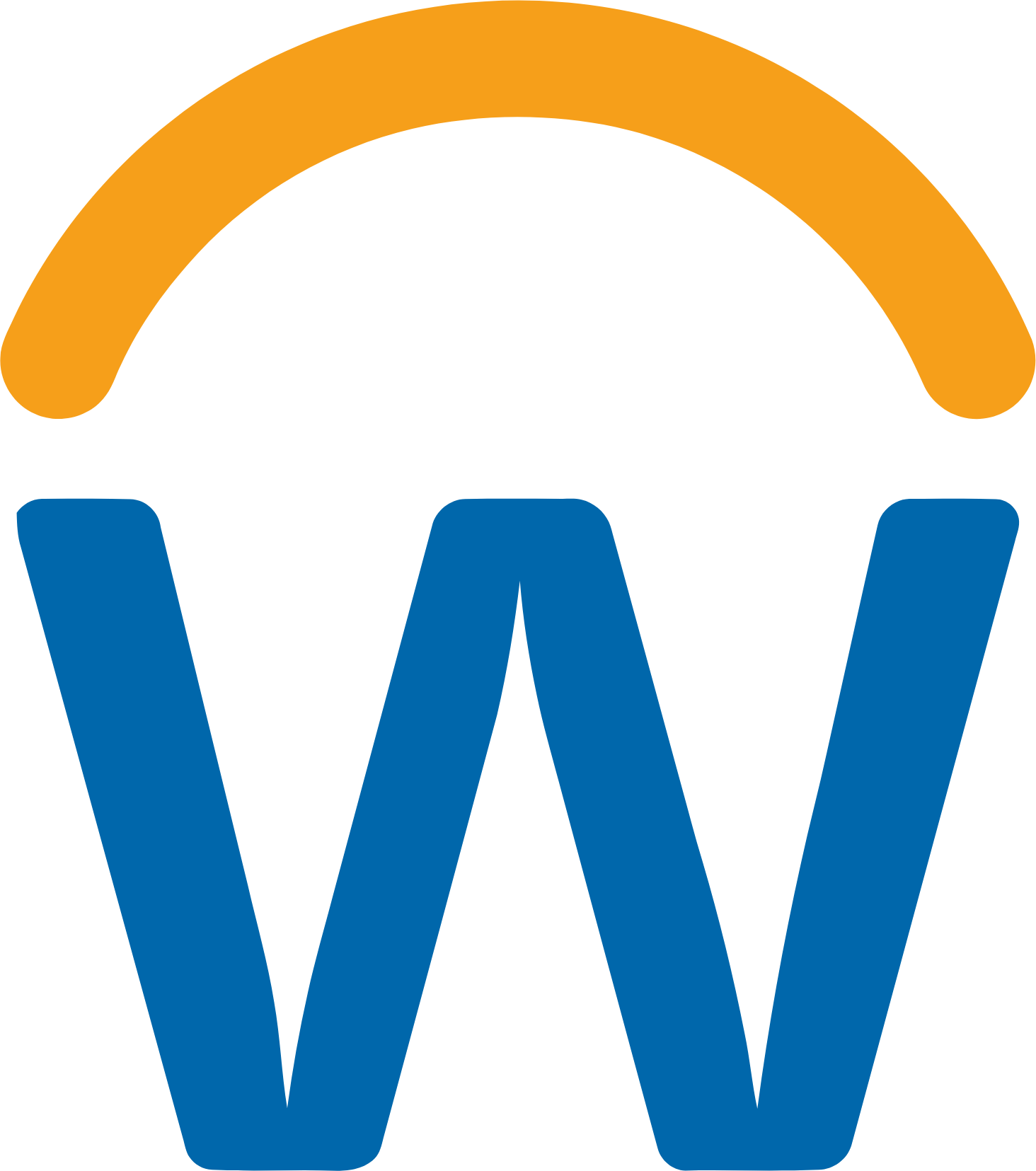"The human resource management profession continues to evolve. Originally conceived to handle personnel hiring and payment, the function now aligns closely with a company's strategic plan. To get the respect the department deserves, human resource managers need to respond to the challenges of lacking power, maintaining a delicate balance between management and employees, and handling the workforce in difficult circumstances," Tara Duggan, Demand Media from 'The Evolution of HR.
As HR responsibilities continue to progress in the digital age, new technologies are pressed into service to automate and streamline workforce hiring and retention processes – with the added goals of maintaining personalized and responsive HR service delivery. HR Service Centers for instance, provide organizations with the tools and methodologies to implement and leverage the latest technologies to best address the wants and needs of today’s competitive workforce. And, as more and more companies are investing in HR Shared Services and HR Service Delivery, notable trends are beginning to emerge…
In his recent article, ‘6 major trends in HR Shared Services,' Frank Roebroek, senior partner of the HR Trend Institute, writes "In many companies the HR function undergoes a major facelift in order to close the gap with current business requirements. A critical part, and in my view also a prerequisite for a successful HR set up, is the establishment of an effective HR operations or HR shared service organization. With effective I mean an HR shared service organization offering client-focused responsive, cost effective and consistent HR services to managers and employees."
Mr. Roebroek highlights six major trends in HR Shared Service organizations based upon his experience and observations from ‘best-practice’ companies:
- Self Service – providing anytime access for current and retired employees to check and update personal data, as well as review relevant company benefits, policies, and news and events information. Self-service access for employees cuts down dramatically on HR's administrative workload while increasing employee self-sufficiency.
- First & Single Point of Contact - leveraging the expertise and capacity of Global HR Shared Services for HR transactional tasks via a single-point-of-contact HR Service Center.
- Integrated Services - integrating once disparate services within an organization such as payroll, HR admin, and data/analytical functions into a cohesive and more efficient HR Service Center
- Leveraging Advanced Technology - implementing an integrated HR solution, often cloud-based, in place of various 'scattered system landscape' systems
- Data & Analytics - establishing & providing the HR workforce metrics that 'directly add value to critical business decisions'
- Run as a Business – acknowledging that as HR evolves into a more strategic contributor to the overall business vision & bottom line; "the more advanced HR functions choose to make HR services responsible for driving improvements integrally and across all HR processes using standardized methodologies such as LEAN,” and acting on strategies for growth
As our economy becomes ever more global and competitive; HR can position itself to be more responsive to the needs of the business. Efficiencies gained through HR service delivery technologies free up resources so that HR can focus on ‘big-picture’ strategy – and help position the company to best address ongoing and future challenges.

 Microsoft Teams
Microsoft Teams
 Workday
Workday
